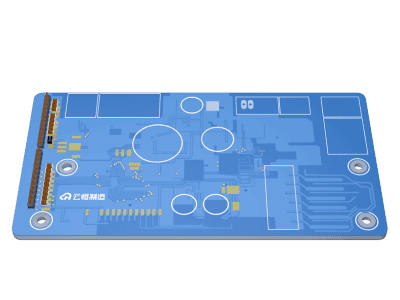Either和Neither的区别与用法(either和neither的区别用法)
概述
在英语中,"either" 和 "neither" 是两个常见的词语,常用于表示选择、否定或者相似性。尽管它们有时候可以互换使用,但它们在语法上有着明显的区别。正确地使用这两个词语能够帮助我们更准确地表达自己的意思。
含义
"Either" 用于表示两个中的任意一个,表示“也”、“任意一个”或“两者之一”的意思。例如:“你可以选择要么去电影院,要么留在家里。”
而 "neither" 用于表示两者都不,表示“两者都不”的否定意义。例如:“我既不喜欢喝咖啡,也不喜欢喝茶。”
用法
在句子中,"either" 和 "neither" 常常与 "or" 和 "nor" 连用。例如:
- "either... or..." 结构用于表达两个中的一个选择,如:"You can either come with us or stay here."
- "neither... nor..." 结构用于表达两个都不的情况,如:"She neither speaks French nor understands it."
此外,"either" 也可以用于肯定句中强调两个中的任意一个,而 "neither" 则用于否定句中表示两者都不。例如:
- "Either of them is suitable for the job." (任意一个都适合这份工作。)
- "Neither of them is willing to compromise." (两者都不愿意妥协。)
用于疑问句
在疑问句中,"either" 和 "neither" 通常用于询问选择或者相似性。例如:
- "Which color do you prefer, blue or green?" – "I don't like either of them." (你更喜欢哪种颜色,蓝色还是绿色? - 我两种颜色都不喜欢。)
- "Did you visit either of the museums?" (你参观过这两个博物馆中的任意一个吗?)
句型转换
在句型转换中,"either" 和 "neither" 有时可以被用来表示相似性。例如:
- "He likes ice cream. She likes ice cream too." 可以转换为 "He likes ice cream. She does too." 或者 "He likes ice cream. She likes it too." (他喜欢冰淇淋,她也喜欢。)
- "I don't like spicy food. He doesn't like spicy food either." 可以转换为 "I don't like spicy food. Neither does he." (我不喜欢辣的食物,他也不喜欢。)
语气与上下文影响
在口语中,有时候 "either" 和 "neither" 的使用也受到语气和上下文的影响。例如:
- "Do you want tea or coffee?" - "I don't want either." (不要任何一种。)
- "I can't speak German." - "Neither can I." (我也不会。)
根据语境,可以选择更自然、更符合语境的表达方式。
总结
总体而言,"either" 和 "neither" 是英语中用于表达选择、否定或相似性的重要词语。虽然它们有时候可以互换使用,但在语法结构和语境上存在着差异。正确地使用这两个词语能够使语言表达更加准确、清晰。
无论是在口语交流还是书面表达中,正确理解并恰当运用 "either" 和 "neither" 的区别与用法,都将有助于更准确地表达自己的意思,丰富语言表达的多样性。









